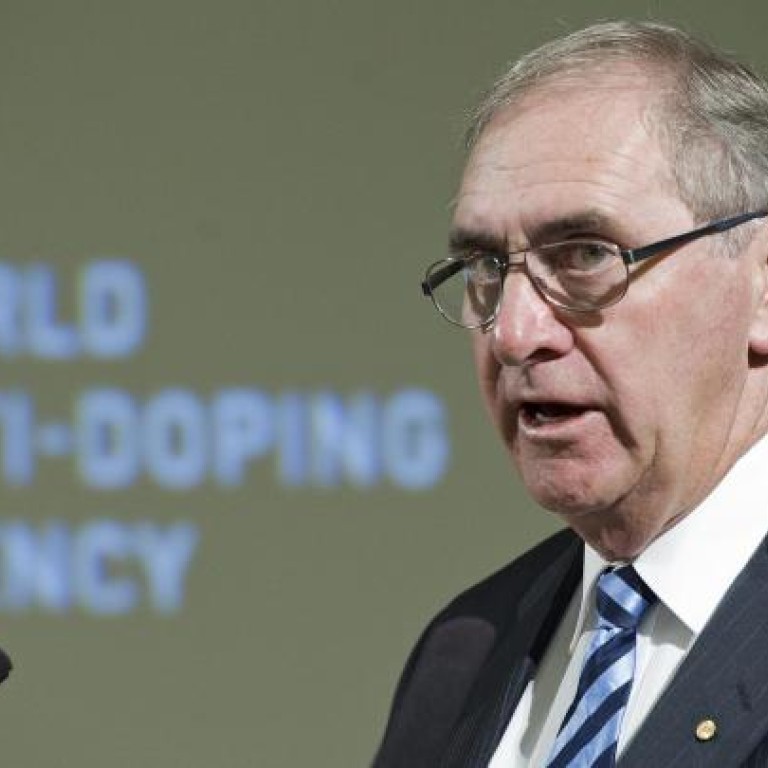
Doping widespread in Australian sport, says probe
Probe exposes widespread doping by athletes in Australia, shattering its drugs-free reputation; crime gangs supply some with banned substances
Widespread drug use by elite athletes and links with organised crime uncovered in a year-long Australian government investigation have rocked a nation that prides itself on its sporting achievements and its collective notion of fair play.
"The findings are shocking and will disgust Australian sports fans," Justice Minister Jason Clare said in Canberra.
The findings are shocking and will disgust Australian sports fans
He revealed that "multiple athletes from a number of clubs" in the big professional leagues are suspected of using or having used performance-enhancing substances.
The Australian Crime Commission released the findings of "Project Aperio" yesterday, saying there was evidence of at least one potential case of match-fixing, widespread use of prohibited substances including peptides, hormones and illicit drugs, and the infiltration of organised criminal groups in the distribution of performance and image-enhancing drugs.
"This is the blackest day in Australian sport," Richard Ings, the former chief of the Australian Sports Anti-Doping Agency, said.
The country's two most popular sports competitions, the Aussie rules Australian Football League (AFL) and the National Rugby League, have already acknowledged they are working with the ACC and have launched independent investigations.
Illicit drug use by professional athletes was more common in the bigger sports than current drugs testing programmes suggested, the ACC report said, adding that some coaches, sports scientists and support staff had "orchestrated and/or condoned the use of prohibited substances" that sometimes weren't even cleared for use on humans and were beyond conventional anti-doping testing.
The ACC said it could not release details of individuals or clubs involved for legal reasons, but it had given classified briefings to some sports and reported its findings to the federal and state police.
The ACC revelations come in the same week that prominent AFL club Essendon asked authorities to investigate the use of supplements in its 2012 fitness programme, and European police agency Europol alleged hundreds of cases of match-fixing in soccer around the world.
The ACC report contained various references to Lance Armstrong and the sophisticated and systemic doping that was not formally detected during his long professional career.
World Anti-Doping Agency president John Fahey said he was alarmed but not surprised by the ACC report.
"I think it tells us how wide [and] how deep this problem is - in a country that prides itself on fair play we've got a problem of the nature we've heard of today," Fahey said. "It seems to be history in sport that you'll address these issues only when something surfaces and you'll try to avoid it until that time."
Sports Minister Kate Lundy said the government would introduce tough measures to combat corruption in sport.
"If you want to dope and cheat, we will catch you," Lundy said. "If you want to fix a match, we will catch you. And as you can see by the investigations that have taken place, we are well on the way to seeking out and hunting down those who will dope and cheat."
Australian Olympic Committee president John Coates said he'd long lobbied for broader investigative powers for anti-doping agencies and increased sanctions for cheats.
"The gloves are now off," he said. "The new powers to compel athletes, coaches, doctors, sports scientists and other officials to give evidence and produce documents have been a long time coming but we can now start the process of weeding out the cheats and ensuring the integrity of our sporting codes."
